It is not hyperbole to speak of a golden age. The phrase has been cheapened by pundits and prematurely invoked by partisans, but now it fits. Something has shifted in the tectonic plates of American politics, culture, and global influence. And unlike prior inflection points, this one is not merely symbolic. It is empirical. Measurable. Concrete. We are not gazing at a mirage, but witnessing a renaissance. The agent of this change is President Donald J. Trump.
In 2019, the New York Times launched the 1619 Project with a simple proposition: that the true founding of America occurred not with the Declaration of Independence, but with the arrival of the first African slaves. What followed was a coordinated attempt to reframe the country as irredeemably racist, its history irreparably stained. Under the Biden administration, this view metastasized. Patriotic symbols were treated as threats. The FBI circulated training documents labeling common American flags as markers of “domestic extremism.” Catholics were surveilled, not for terrorism, but for attending Latin Mass. And over 800 January 6 defendants were held for years, many for crimes more symbolic than violent. Meanwhile, across the country, statues of Lincoln, Washington, and Jefferson were torn down by mobs or removed by local governments in the dead of night. Schools named after America’s founders were renamed for lesser figures more palatable to progressive tastes. Military bases, long-standing monuments to American history, were stripped of their names and given bland, ideologically approved replacements. The point was not justice. It was deterrence. It was ideological conformity enforced by state power.
Then Trump returned.
His re-election, certified on January 6, 2025, and his inauguration on January 20, marked not merely the return of a man, but the restoration of a nation. Within 100 days, Trump had secured the border, reversing years of open-border chaos. Migration flows dropped to levels unseen since the early 1990s. His decisive action became a global model. From England to Romania, political movements took note. Nigel Farage’s Reform UK surged. The AfD in Germany crept into double digits. Marine Le Pen’s party is now the frontrunner in France. Elites sneered, but voters saw results.
At home, Trump wielded his mandate like a scalpel. The Department of Government Efficiency (DOGE), led by Elon Musk, began a forensic audit of the administrative state. Within weeks, billions in funding were clawed back from useless programs and slush funds hidden in alphabet agencies. USAID, long a globalist piggy bank, is being dismantled. The FBI, purged of its partisan leadership, is now focused on actual crime. DEI offices, once metastasizing across government and corporate America like ideological tumors, were defunded. Wokeness, once a cultural juggernaut, is now a punchline.
The military, gutted by social engineering and recruitment failures under Biden, is now over capacity. Credit belongs not only to President Trump’s message of strength and national pride, but also to Secretary of Defense Pete Hegseth, who moved swiftly to eliminate identity-based promotions and reinstate merit as the lodestar of advancement. Hegseth’s decision to end the inclusion of transgender individuals in combat roles and restore a focus on unit cohesion and battlefield readiness was met with predictable outrage from progressive quarters, but it worked. Military service is now admired again. Recruiters have lines out the door. The stars and stripes, once seen as fraught, are fashionable again. The American flag, once viewed with suspicion on elite campuses, is now trending in TikTok videos of patriotic Gen Z influencers. Coolness, that elusive cultural currency, has shifted.
Internationally, Trump has turned the tide. China is back at the negotiating table, offering market access in exchange for tariff relief. For the first time in decades, Beijing blinked. Iran, isolated and bleeding economically, has returned to disarmament talks. The Abraham Accords have expanded to include Oman and Tunisia. Just today, Trump announced a new trade deal with the United Kingdom that will open British markets to American farmers, slash tariffs, and generate billions in revenue. It is the first of more than a dozen similar deals being negotiated with U.S. trading partners, all aimed at restoring prosperity and security to the American heartland. American prestige, once bartered away for UN resolutions and climate pledges, has been restored. Even the Holy Roman Catholic and Apostolic Church’s College of Cardinals seems to have acknowledged this new moral order.
On May 8, 2025, for the first time in 2,000 years of Catholic history, an American was elected pope. The symbolism is staggering. For a Church whose demographic heart now beats in the Western Hemisphere, the election of an American Pontiff signals a new center of gravity. It is not just Rome that looks to America. It is the world.
America’s 250th anniversary is now on the horizon. The semiquincentennial of 1776 looms not as a melancholy remembrance of faded glory, but as a celebration of resurgence. The events planned for 2026 reflect this. Trump has ordered a return to original principles: liberty, individual rights, national pride. Not apologies. Not guilt. Not equivocations. But more than that, he intends to use the anniversary as a global advertisement. A demonstration of American resolve. A reminder to our enemies that this is a nation of strength, unity, and enduring purpose. And a signal to our allies that America, once written off as declining or distracted, is once again the anchor of the free world. A nation built on the proposition that all men are created equal should not teach its children that they are born guilty because of their skin or their flag. Trump understands this, and his policies reflect it.
Consider economics. In just over three months, Trump has attracted over $8 trillion in foreign investment back to American shores, revitalizing the heartland. Factories are reopening in Ohio, chip manufacturers are building plants in Texas, and manufacturing is surging with new, higher-paying jobs for American workers. Trump’s commitment to the American farmer is unwavering, with policies boosting agriculture, creating robust farming jobs, and safeguarding rural communities. AI and crypto, once fields dominated by offshore interests and regulatory chaos, are now firmly within American jurisdiction. His administration is protecting America’s supply chains from global threats, ensuring self-reliance in critical industries. Trump’s policy is clear: innovation without apology, regulation with reason, and a fierce dedication to bringing back manufacturing, mining, drilling, and farming. He is not afraid of technology or competition but is resolute against decay, acting decisively to secure prosperity for American workers and farmers.
And yet, symbols matter. Culture matters. Which is why the upcoming twin spectacles of the FIFA World Cup and the Summer Olympics cannot be dismissed as fluff. Trump’s personal involvement in securing these events was not mere vanity. It was strategy. It was signal. During his first term, Trump courted FIFA President Gianni Infantino with unusual persistence. Infantino credited Trump’s enthusiasm as pivotal to the U.S. winning the bid. “You are part of the FIFA team now,” he said in the Oval Office. That statement, once treated as flattery, now seems prophetic.
The 2026 World Cup will be the longest in history: 104 matches across 16 U.S. cities. It will not be a tournament. It will be a coronation. The same applies to the 2028 Summer Olympics in Los Angeles. Trump personally engaged with the IOC before even taking office in 2016, offering federal guarantees for security and logistics. He met with IOC President Thomas Bach in 2017. The result? A winning bid. The message is clear: if America is back, it must also be seen. And what better global stage than the Olympics?
Critics will scoff. They always do. They did in 2016. They did in 2020. They did in 2024. They were wrong every time. Trump’s critics have spent years arguing that he is a fluke, a menace, an aberration. What they have missed, and what they still refuse to see, is that Trump is not the outlier. He is the correction. He is the pendulum swinging back. And this time, it is not swinging timidly. It is swinging with force.
What makes this era a golden age is not merely policy success or economic growth. It is coherence. It is the re-alignment of institutions with the people they purport to serve. It is the re-legitimization of patriotism. It is the death of the idea that to love one’s country is to be blind, or bigoted, or bitter. America, like Rome at its height, is asserting its identity not through conquest, but through clarity. Through excellence. Through example.
The left has spent years insisting America was founded on sin, sustained by oppression, and systemically incapable of redemption. Trump has answered not with theory, but with action. He has rebuilt the house while others argued about whether it deserved to stand. And now, the house is full again. Full of workers. Full of industry. Full of flags. Full of hope.
That is what a golden age looks like. And for the first time in a long time, the gold is real.
Sponsored by the John Milton Freedom Foundation, a nonprofit dedicated to helping independent journalists overcome formidable challenges in today’s media landscape and bring crucial stories to you.
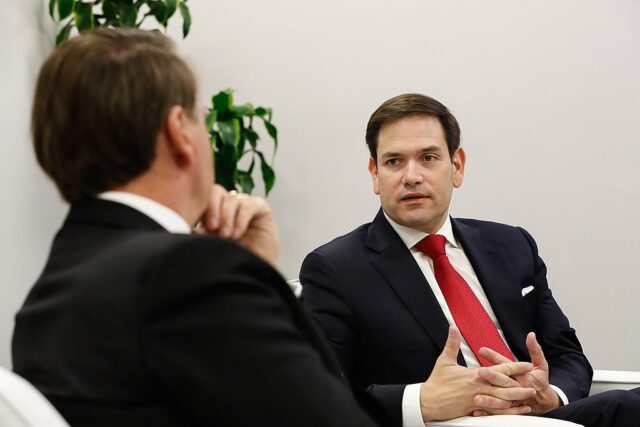


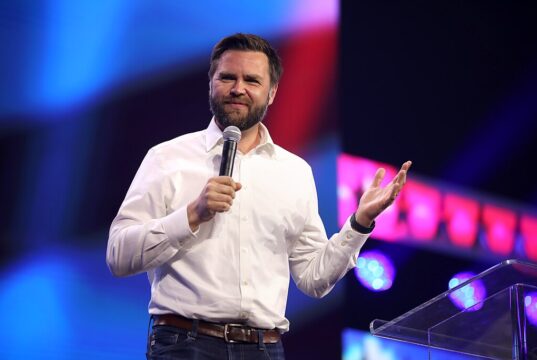
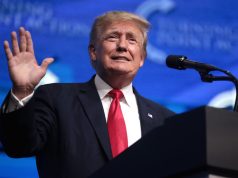
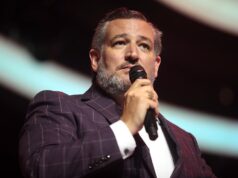
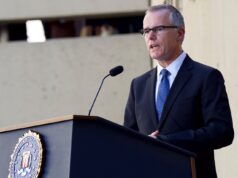
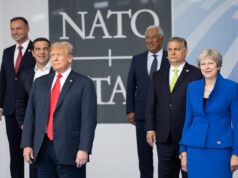
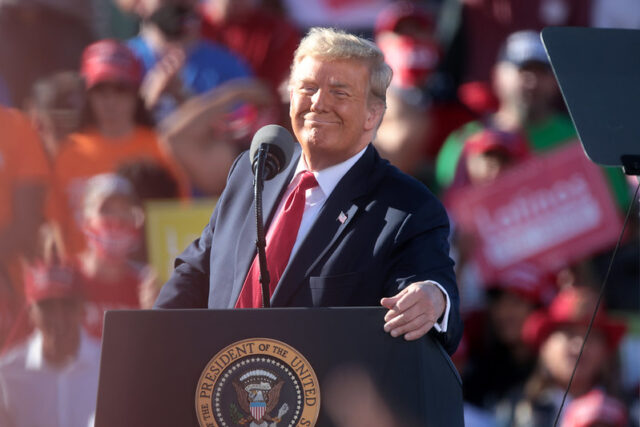
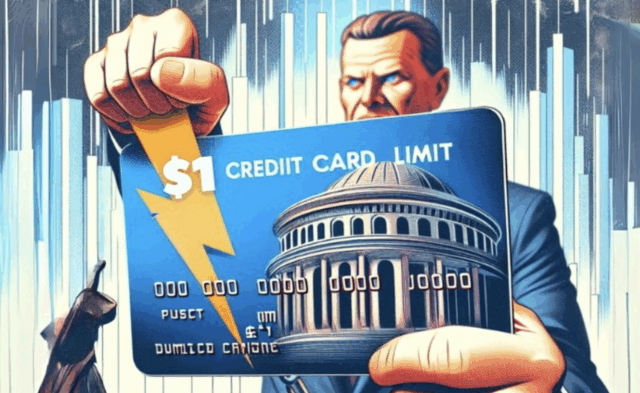
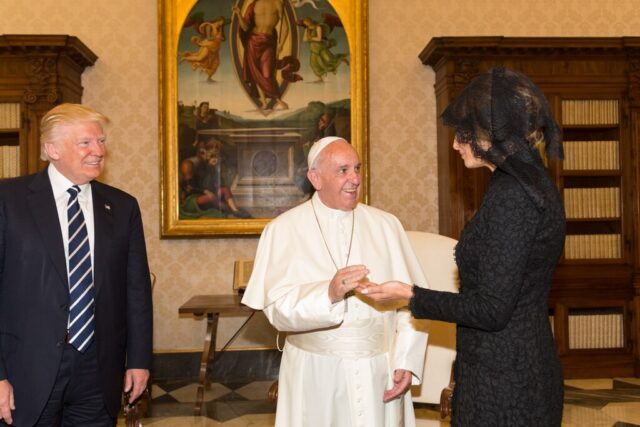

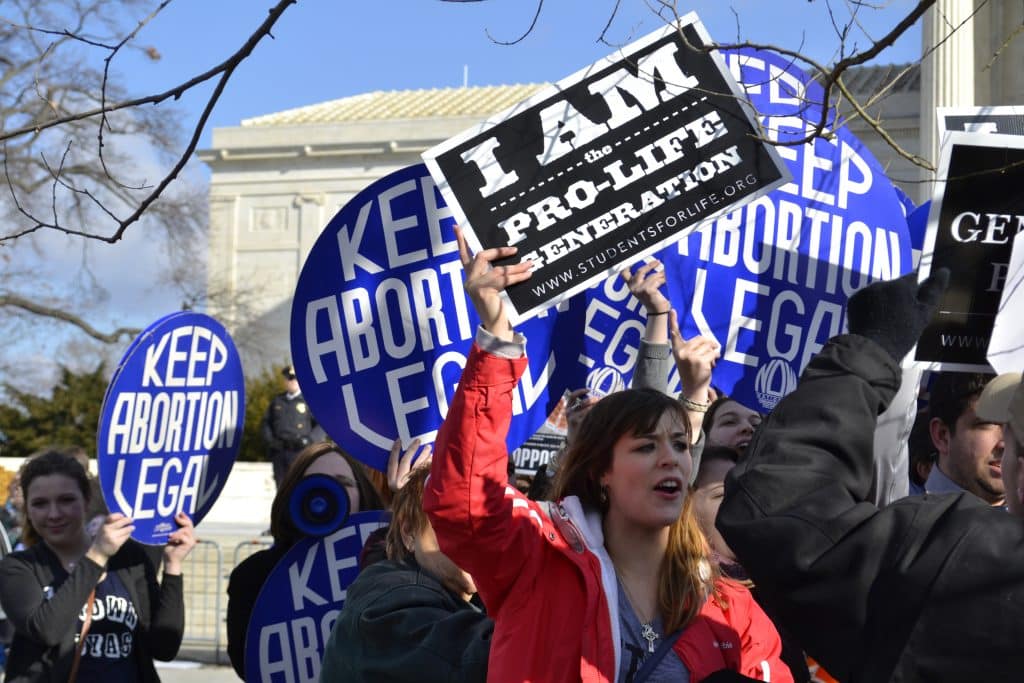

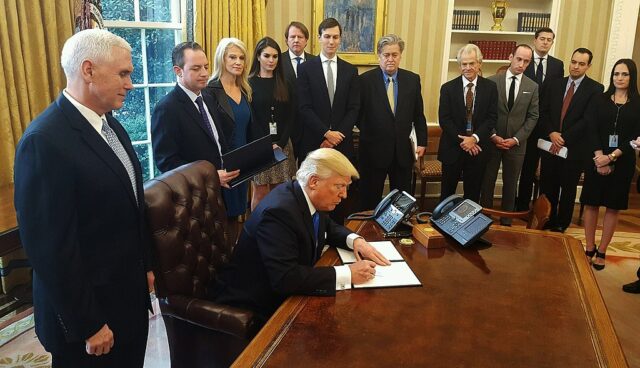
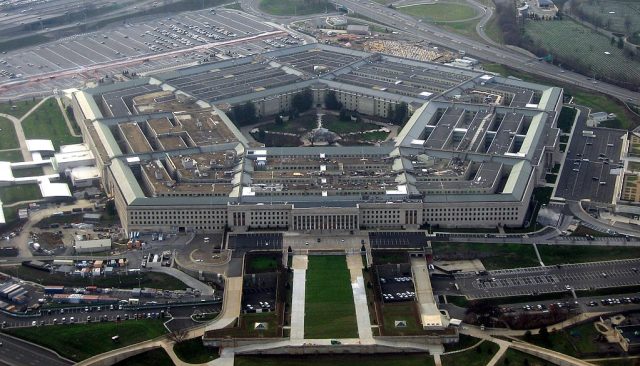


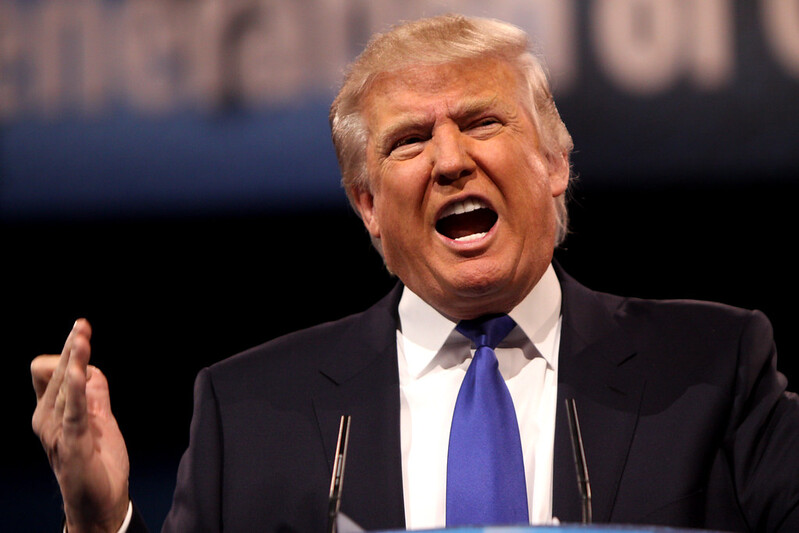
Deep State May Be Forced To Cough Up More Records On Biden Influence Peddling Scheme
Americans may soon know more about a Biden family business arrangement selling White House access to foreign interests, under a lawsuit from an ethics watchdog.
The non-profit public interest law firm Judicial Watch reports it may receive more records under a “Freedom of Information Act (FOIA) lawsuit against the U.S. National Archives and Records Administration (NARA) for Biden family records and communications regarding travel and finance transactions, as well as communications between the Bidens and several known business associates.”
“This lawsuit is an opportunity for the Trump team to stop the Deep State’s slow-walking of the release of Biden family corruption records,” stated Judicial Watch President Tom Fitton.
The suit was originally filed in May 2023 “after the National Archives failed to respond to a February 2023 FOIA request.”
This lawsuit previously “forced the release of records revealing emails sent by Joe Biden using alias accounts during his vice presidency, in which he communicated with family members, including his son Hunter and brother James. The records also showed that in August 2016, Biden approved ending Secret Service protection for both Hunter Biden and Beau Biden’s daughter, Natalie, during a trip to Kosovo,” Judicial Watch reports.
The emails included messages to Jim and Hunter Biden regarding the then-vice president’s schedule and meetings. Some emails showed Joe Biden using the alias: [email protected].
According to Judicial Watch:
The emails also showed that Hunter and Jim Biden accompanied Joe Biden on taxpayer-funded trips; and then-Vice President Biden in December 2009 emailing an aide after he forgot the password to his West Wing computer.
The records showed that Hunter Biden used an email address ([email protected]) from his now-dissolved firm Rosemont Seneca Partners and that James Biden used an email address ([email protected]) tied to his consulting firm Lion Hall, which had been the subject of an FBI bribery investigation in the 1990s.
The lawsuit also forced the release of records showing then-Vice President Joe Biden and his son Hunter received a May 26, 2016, email detailing a scheduled “8:45 am prep for a 9 am phone call with Pres Poroshenko,” who was the president of Ukraine. Joe Biden’s email address is the alias [email protected], Hunter Biden’s email account is disclosed as [email protected]. (Hunter Biden was on the board of the controversial Ukrainian firm Burisma at the time.)